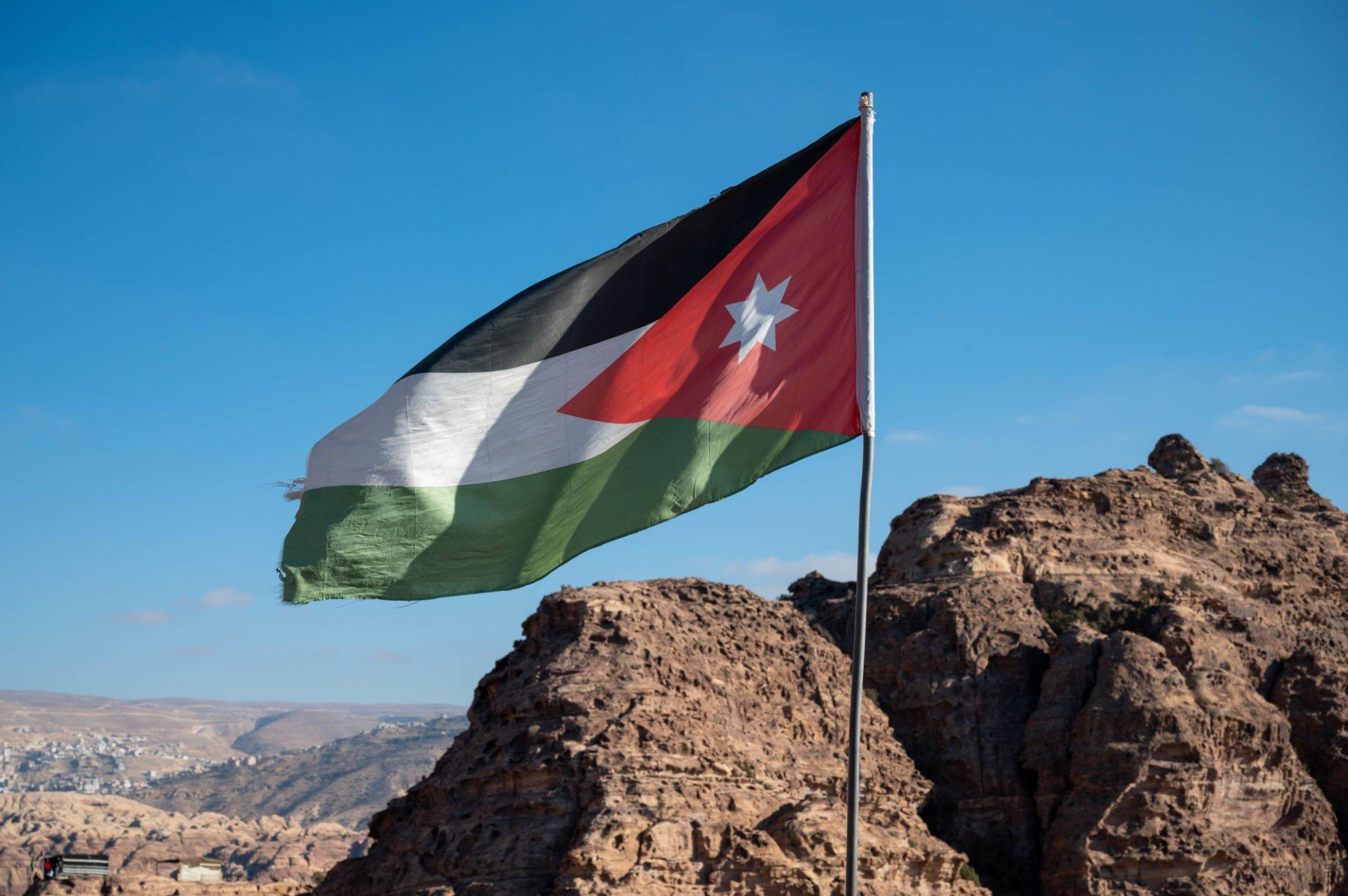Jordan, a captivating country nestled in the heart of the Middle East, is renowned for its rich history, cultural heritage, and mesmerizing landscapes. With a tapestry woven from ancient civilizations and modern influences, Jordan stands as a testament to the harmonious coexistence of tradition and progress.
This nation, steeped in history that dates back millennia, is perhaps most famous for its archaeological marvel, Petra. Carved into rose-red cliffs, Petra’s intricate facades and tombs tell the story of the Nabatean civilization that thrived here over 2,000 years ago.
This UNESCO World Heritage Site is a testament to Jordan’s magnetic appeal, drawing in globetrotters from across the world who flock here to marvel at its architectural magnificence.
For those with an affinity for vibrant cultural scenes, you’ll find the Los Angeles music scene to be equally captivating, offering a unique rhythm and melody to your travel experiences. Discover more about what Los Angeles is known for in our detailed guide on the Los Angeles music scene.
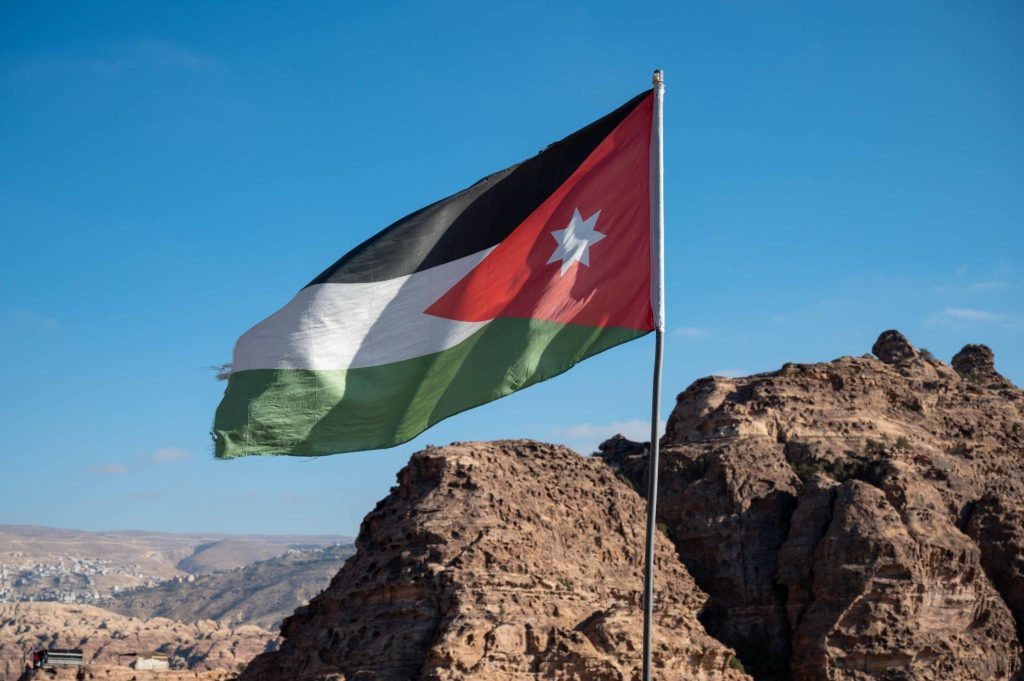
The historical significance of Jordan extends far beyond just Petra; it spans the entire landscape, encompassing remarkable sites such as Jerash, a meticulously preserved Roman city showcasing awe-inspiring architecture that offers a captivating window into the past.
Additionally, Jordan’s allure gains spiritual depth from the baptismal site of Jesus Christ at Bethany Beyond the Jordan, a destination that attracts pilgrims and history enthusiasts alike. For those seeking a different kind of coastal beauty, Delaware’s coastal beauty offers a unique contrast to Jordan’s historical wonders.
Contents
- 1 Jordan River
- 2 Dead Sea
- 3 Queen Rania
- 4 Petra
- 5 Mars-like Setting
- 6 Refugees
- 7 Levantine Food
- 8 The Historical Significance
- 9 A Natural Wonder: The Dead Sea
- 10 Petra: The Rose City
- 11 The Influential Queen Rania
- 12 A Landscape Resembling Mars
- 13 A Noble Approach to Refugees
- 14 Bedouins: The Desert Dwellers
- 15 Culinary Delights of the Levant
- 16 Conclusion:
Jordan River
The Jordan River is a historically and religiously significant watercourse located in the Middle East. Here’s a brief overview based on the given keywords:
Geography: The Jordan River flows over 250 kilometers from its sources in the anti-Lebanon and Golan Heights through the Sea of Galilee and onwards to the Dead Sea. It serves as a natural boundary between Israel and Jordan.
Religious Significance: For Christians, the river is considered sacred because it is believed that Jesus Christ was baptized by John the Baptist in its waters. Additionally, the Israelites crossed the Jordan River to enter the Promised Land under the leadership of Joshua.
Ecosystem: The river, known for its crucial role as a water source in the region, has long been a lifeline sustaining diverse flora and fauna. Nevertheless, the highlights of New Jersey have not been immune to the adverse impacts of over-extraction for drinking water, agricultural use, and the redirection of its waters.
These detrimental practices have raised pressing ecological concerns. To delve deeper into the environmental challenges facing New Jersey, you can explore this insightful article on highlights of New Jersey.
Dead Sea
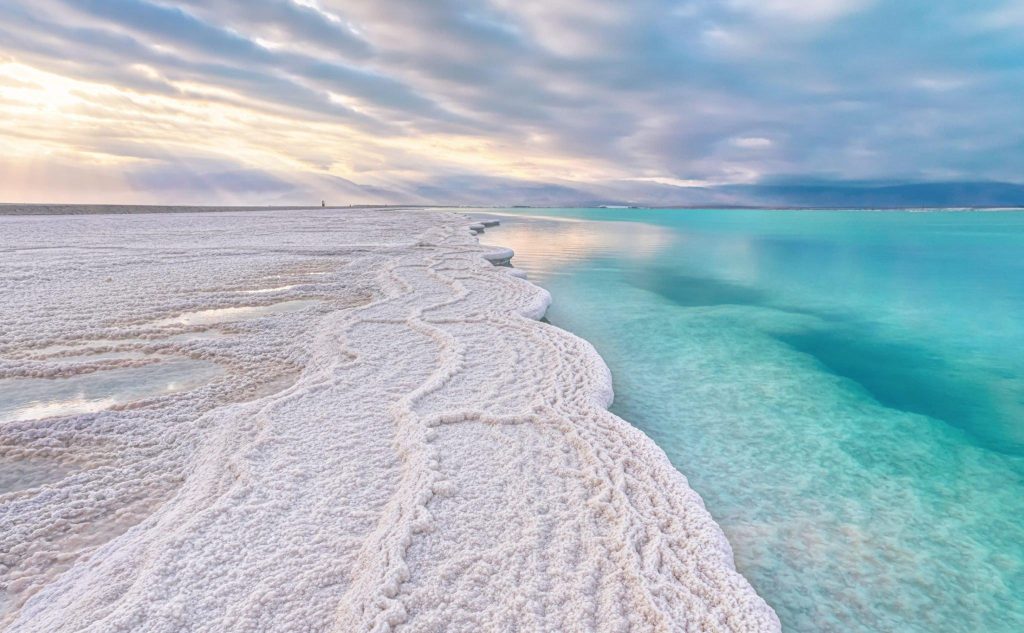
The Dead Sea, often referred to as the “Salt Sea,” stands as a remarkable natural wonder nestled between Jordan to the east and Israel and Palestine to the west.
This unique body of water holds the extraordinary distinction of being one of the saltiest on Earth, boasting salinity levels nearly ten times higher than the average ocean. To delve deeper into New Hampshire’s unique qualities, visit our dedicated page on NH’s Unique Qualities for more intriguing insights.
This high salt concentration renders the sea unable to support marine life, hence the name “Dead Sea.” The mineral-rich mud found along its shores is renowned for its therapeutic properties, attracting visitors from around the world seeking relief from skin conditions and stress.
The buoyancy of the water allows bathers to effortlessly float on its surface, creating a unique and relaxing experience. The Dead Sea’s extraordinary characteristics make it not only a natural wonder but also a sought-after destination for wellness and rejuvenation.
Queen Rania
Queen Rania, born Rania Al-Yassin on August 31, 1970, is the Queen consort of Jordan and a prominent global advocate for education, women’s rights, and cross-cultural understanding.
She married King Abdullah II of Jordan in 1993, and since assuming her role as Queen in 1999, she has played a crucial part in modernizing Jordan’s image on the world stage.
Queen Rania is recognized for her compassionate and impactful work in various fields. She has been a strong proponent of education, spearheading initiatives to improve the quality of education in Jordan and advocating for greater access to learning opportunities for all children, especially girls.
Her efforts extend internationally, promoting global education through platforms like the Malala Fund and other partnerships.
Petra
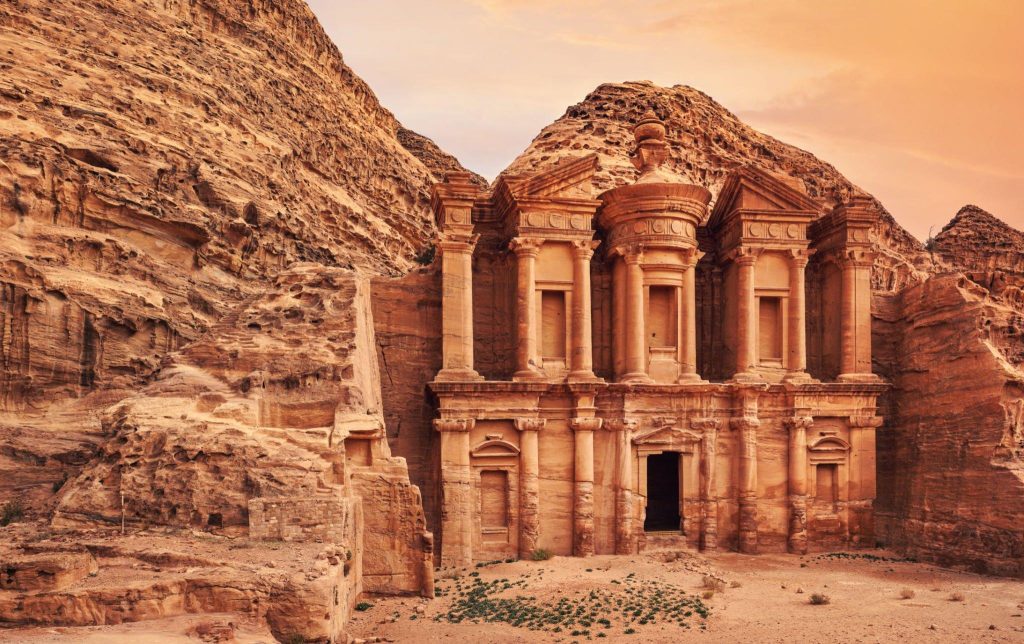
Petra, often referred to as the “Rose City,” is an ancient archaeological marvel nestled in the heart of Jordan. Carved into the vibrant red and pink cliffs of southern Jordan, Petra was the capital of the Nabatean Kingdom around 312 BC.
Its intricate rock-cut architecture and advanced engineering reveal the ingenuity of the Nabateans, who skillfully harnessed the natural landscape to create this majestic city.
The most iconic structure within Petra is the Treasury, or Al-Khazneh, a grand facade intricately carved into the rock face. This remarkable architectural masterpiece served as a tomb and ceremonial site.
As visitors venture deeper into Petra’s hidden valleys, they encounter a network of carved dwellings, temples, and tombs, each a testament to the Nabateans’ artistic and engineering prowess.
Mars-like Setting
Jordan’s otherworldly landscapes have captured the imagination of travelers and filmmakers alike, often resembling the Martian terrain depicted in science fiction. The country’s vast desert expanses, especially the renowned Wadi Rum, offer an experience that feels almost extraterrestrial.
The striking red sand dunes, towering rock formations, and barren landscapes create an eerie yet captivating ambiance that transports visitors to a different realm.
This Mars-like setting has not only attracted adventurers seeking a unique experience but has also served as the backdrop for several iconic movie scenes, further cementing its reputation as a landscape from another planet.
Refugees
Refugees are individuals who have been forced to flee their home countries due to persecution, conflict, violence, or human rights violations. These individuals seek refuge in other countries in search of safety, security, and a chance to rebuild their lives. The reasons for their displacement can range from political unrest and armed conflicts to environmental disasters and ethnic tensions.
Refugees often face numerous challenges, including limited access to basic necessities like food, shelter, and healthcare, as well as the struggle to adapt to new cultures and languages.
International organizations, governments, and NGOs play a crucial role in providing humanitarian assistance and protection to refugees, helping them find temporary or permanent homes and facilitating their integration into host societies.
The plight of refugees highlights the need for global cooperation and empathy to address the complex issues that force people to leave their homes in search of a better life.
Levantine Food
Levantine food is a vibrant and diverse culinary tradition that encompasses the cuisines of countries situated in the Levant region of the Middle East, including Jordan, Lebanon, Syria, and Palestine. Known for its rich history and influence from various cultures, Levantine cuisine boasts an array of delectable dishes that captivate the taste buds.
Mezze Marvels: At the heart of Levantine dining is the mezze, an assortment of small, flavorful dishes meant for sharing. From creamy hummus and smoky baba ganoush to tangy tabbouleh and crispy falafel, mezze offers a burst of flavors and textures that delight the palate.
The Historical Significance
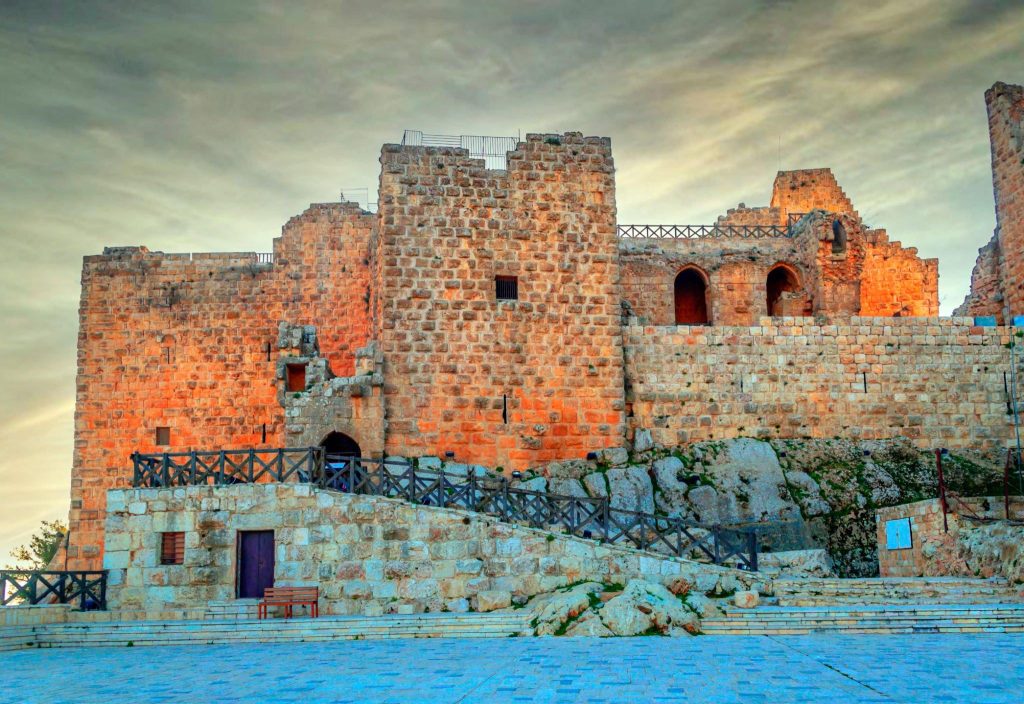
Jordan’s historical significance is deeply rooted in its strategic location as a crossroads of civilizations throughout the ages. Its lands have witnessed the rise and fall of empires, the passage of traders, and the spread of cultures. From the ancient city of Jerash with its Roman ruins to the imposing fortress of Ajloun Castle, the historical sites of Jordan offer a window into the past.
The remnants of these civilizations stand as testaments to the nation’s enduring role in shaping the history of the Middle East. Exploring these archaeological wonders allows visitors to connect with the narratives of the past and gain insights into the historical complexities that have shaped the present-day Jordan we know.
A Natural Wonder: The Dead Sea
The Dead Sea, often referred to as a natural wonder, is a truly extraordinary body of water. Nestled between Jordan and Israel, it holds the distinction of being the lowest point on Earth’s surface.
What sets the Dead Sea apart is its remarkably high salt concentration, making it one of the saltiest bodies of water globally, far saltier than ordinary seawater.
This extreme salinity results in a unique phenomenon – buoyancy that allows swimmers to effortlessly float on its surface. Beyond its unusual saltiness, the Dead Sea is renowned for its mineral-rich mud, which possesses therapeutic properties beneficial for the skin.
People from all corners of the globe flock to this iconic destination to experience its healing properties, engage in the famous floating sensation, and revel in the serene beauty of its surroundings. The Dead Sea is not just a body of water; it’s a captivating natural wonder that continues to awe and inspire.
Petra: The Rose City
Petra, often referred to as the “Rose City,” is a mesmerizing archaeological site located in southern Jordan. Carved into the vibrant red rock walls by the Nabateans, an ancient civilization that thrived in the region, Petra stands as a testament to their architectural ingenuity and cultural prowess.
The city’s most iconic structure is the Treasury, an intricately carved façade that served as a tomb. As visitors wind through the narrow Siq, a natural rock fissure, they are greeted by this magnificent sight. Beyond the Treasury, Petra unfolds with its stunning rock-cut architecture, including temples, tombs, and amphitheaters. If you’re interested in exploring more about historical wonders, consider discovering NJ’s heritage.
The city’s rich history, dramatic setting, and intricate craftsmanship make Petra a UNESCO World Heritage Site and one of the most awe-inspiring destinations for travelers and history enthusiasts alike.
The Influential Queen Rania
Queen Rania of Jordan, born Rania Al-Yassin, is a prominent and influential figure known for her progressive leadership and advocacy efforts. As the Queen consort of King Abdullah II, she has played a vital role in shaping the modern identity of Jordan and championing causes close to her heart.
With a charismatic presence and a passion for education, women’s empowerment, and cross-cultural understanding, Queen Rania has garnered international recognition for her impactful work.
Her dedication to education led to the establishment of the Queen Rania Foundation, which focuses on improving the quality of education in Jordan and the region.
She emphasizes the importance of education as a tool for social progress and has been a strong proponent of integrating technology into learning to prepare youth for the challenges of the 21st century.
A Landscape Resembling Mars
The striking desert landscapes of Jordan have captivated the world with their uncanny resemblance to the surface of Mars. These otherworldly vistas, particularly found in the Wadi Rum desert, evoke a sense of being transported to an alien world.
The rugged terrain, rusty-red sand dunes, and towering rock formations create an ethereal ambiance that has even caught the attention of filmmakers seeking to replicate the Martian setting.
Visitors to this Mars-like landscape can embark on exhilarating desert safaris, camp beneath a blanket of stars, and explore the surreal rock formations that add to the mystique of this extraordinary environment.
It’s a reminder that Earth itself holds regions so enchanting, they can transport us to the realms of science fiction. When it comes to captivating destinations, Romania is no exception.
The country is known for its diverse attractions, and one of its gems is Bucharest’s Charm. To discover more about what makes Romania famous, delve into the allure of Bucharest’s Charm.
A Noble Approach to Refugees
Jordan’s approach to refugees is nothing short of noble and compassionate. Despite its own challenges, the country has opened its doors to those fleeing conflict and persecution from neighboring regions.
The Zaatari Refugee Camp, one of the largest in the world, exemplifies Jordan’s commitment to providing refuge, safety, and hope to those in need. The government, along with various organizations, offers essential services such as healthcare, education, and vocational training to refugees, allowing them to rebuild their lives.
“This humanitarian stance not only showcases Jordan’s empathy but also serves as a model for addressing the global refugee crisis with empathy and solidarity.
If you’re interested in exploring how empathy and solidarity have played a significant role in shaping cultural heritage, particularly in the context of South Carolina, you can delve into the state’s fascinating history of Plantation heritage on the Tales of Travelers website.”
Bedouins: The Desert Dwellers
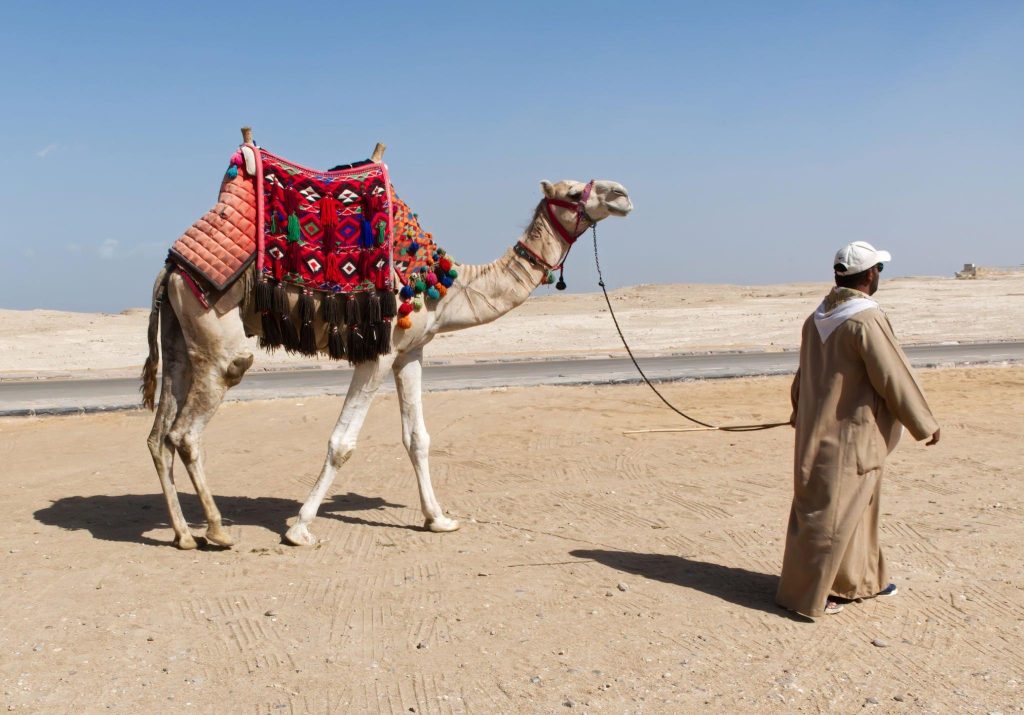
The Bedouins of Jordan are more than just desert dwellers; they are the guardians of a unique way of life that has thrived in the arid landscapes for centuries.
Bedouin culture is deeply rooted in traditions, community values, and a strong connection to the land. These nomadic tribes have traversed the vast deserts of Jordan, relying on their intimate knowledge of the environment to survive.
With their distinctive black goat-hair tents and rich oral traditions, the Bedouins offer travelers a glimpse into a world that embraces simplicity, hospitality, and resilience.
Engaging with Bedouin communities allows visitors to partake in authentic experiences, from sipping traditional tea to riding camels across the undulating sand dunes.
As the modern world encroaches upon their way of life, the Bedouins remain a living testament to the enduring spirit of Jordan’s desert heritage.
Culinary Delights of the Levant
The Levant region, encompassing countries like Jordan, Lebanon, Syria, and Palestine, boasts a culinary tradition that is both diverse and flavorful. Known for its use of fresh ingredients, aromatic spices, and unique cooking techniques, the Levantine cuisine is a harmonious blend of Mediterranean, Middle Eastern, and North African influences.
Dishes like hummus, falafel, tabbouleh, and shawarma have gained international recognition for their deliciousness and healthfulness.
Olive oil, herbs, and vegetables play a prominent role in Levantine cooking, resulting in dishes that are not only mouthwatering but also wholesome. Exploring the culinary delights of the Levant is a journey into the heart of its culture, history, and the art of savoring every bite.
Conclusion:
As we traverse the captivating landscapes and rich cultural tapestry of Jordan, it becomes evident that this country is a treasure trove of wonders.
From the historical echoes in Petra’s sandstone façades to the welcoming embrace of the Bedouin people, and from the soothing embrace of the Dead Sea to the visionary leadership of Queen Rania, Jordan stands as a beacon of inspiration and discovery in the heart of the Middle East. If you’re eager to explore more captivating travel stories, don’t miss out on the enchanting tales awaiting you at Discover Travel Stories.

